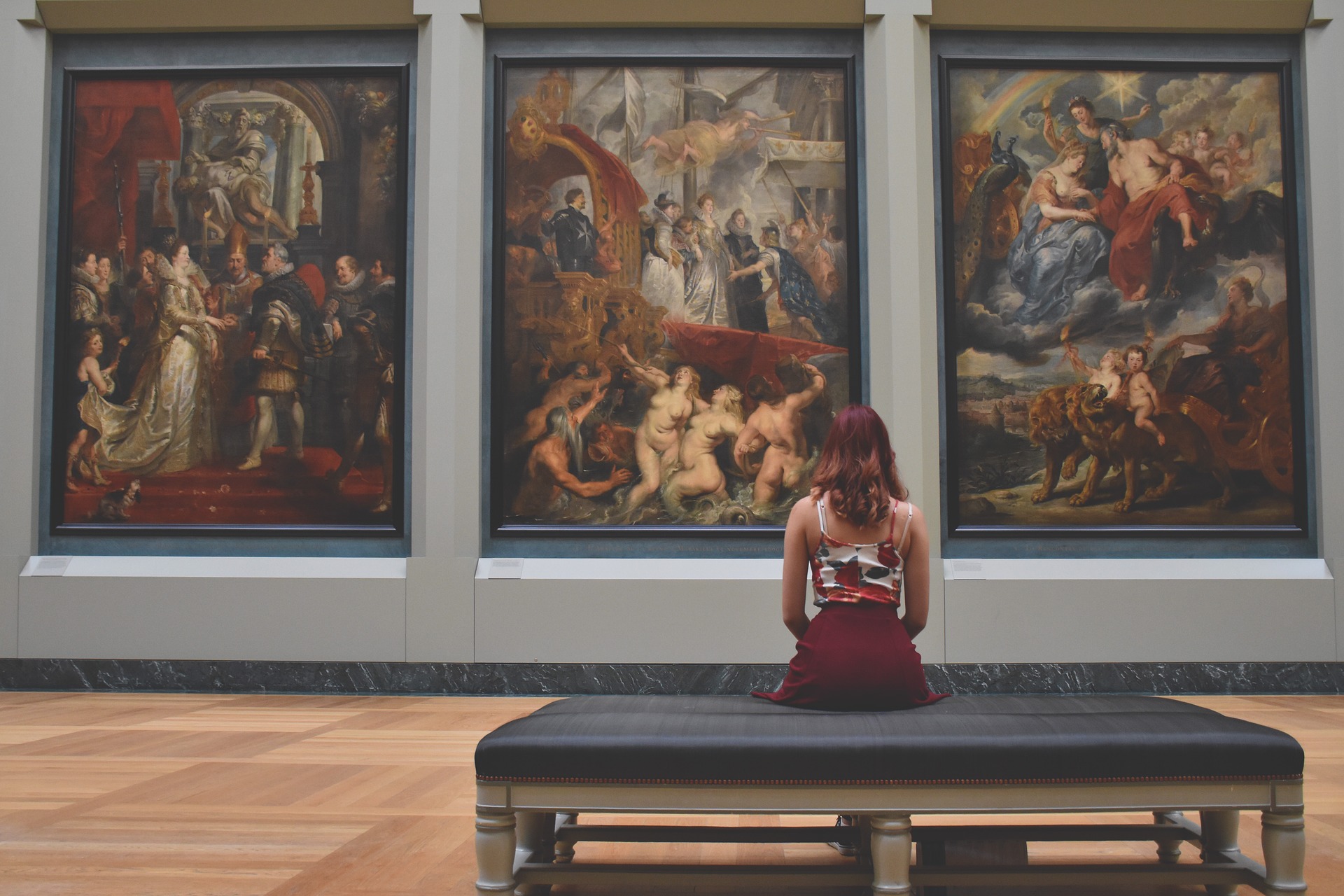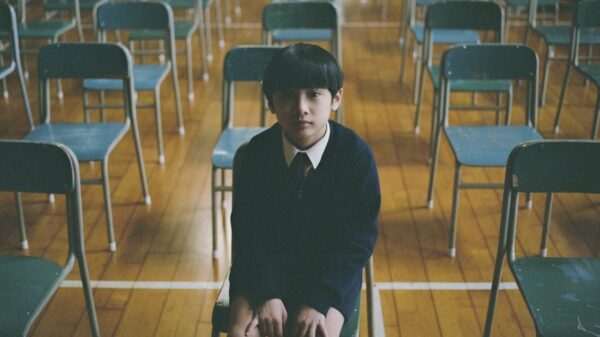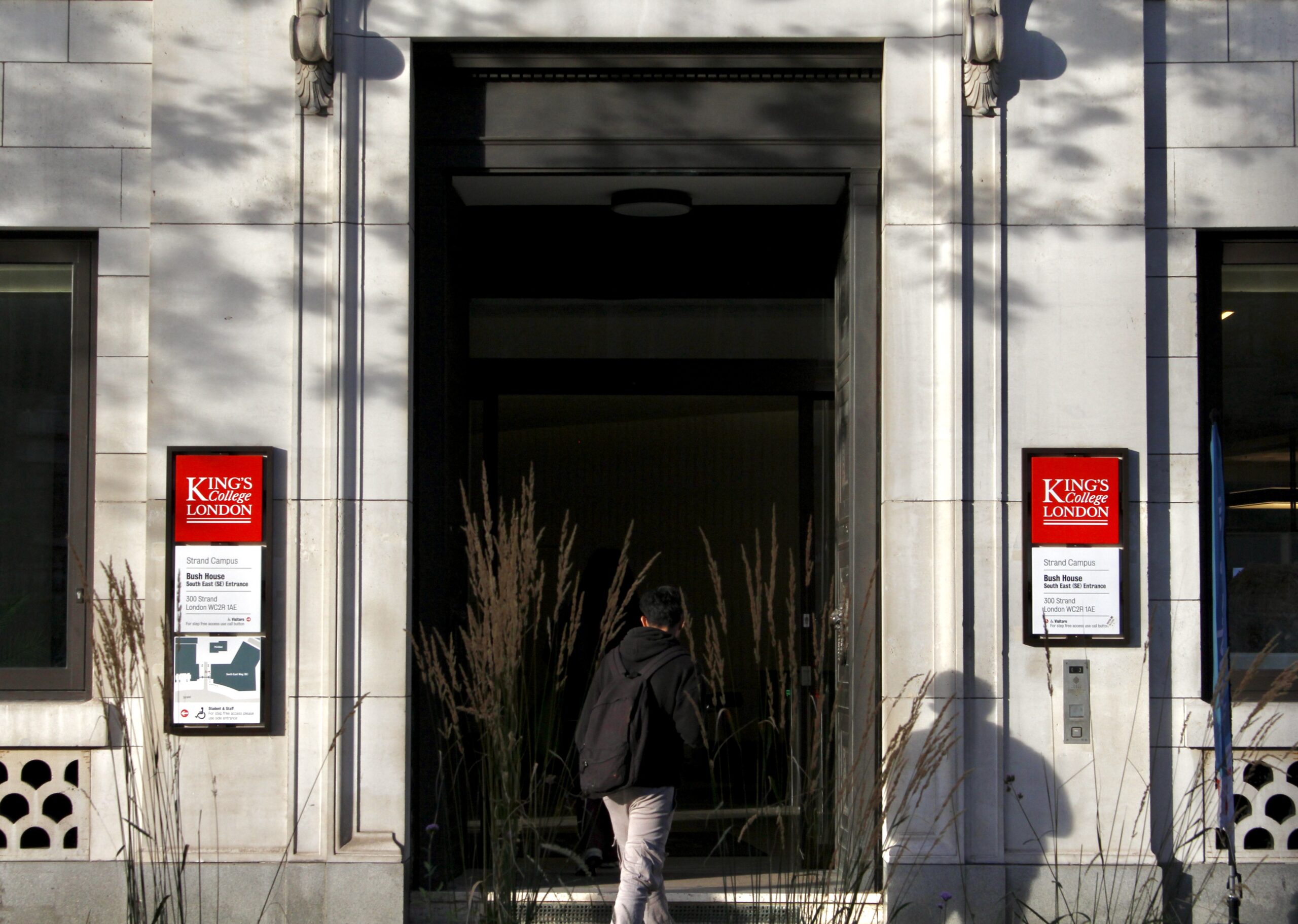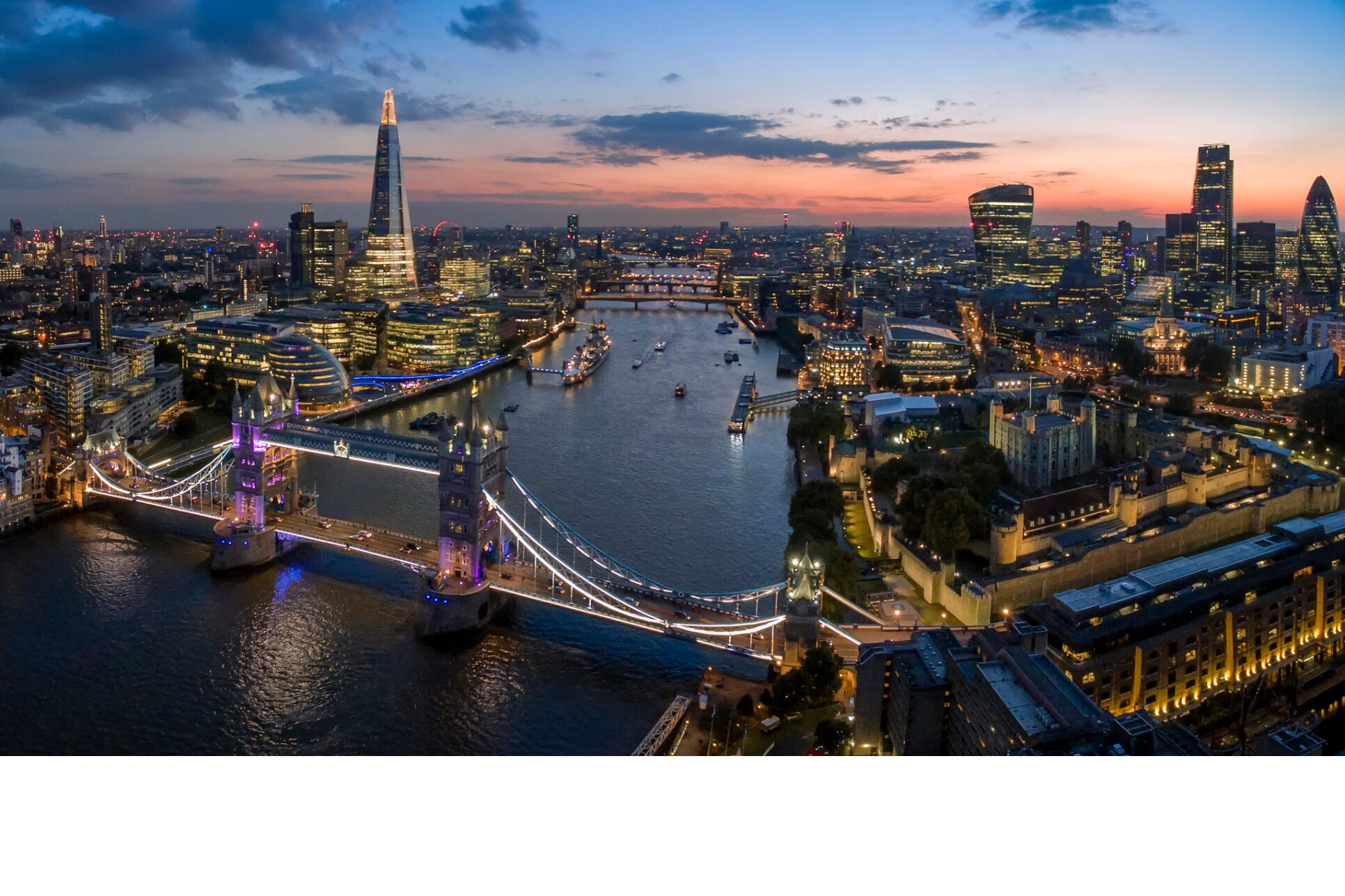“Coronavirus and culture: challenges, changes and creative responses”, a talk chaired by Baroness Deborah Bull on 4 June 2020, discussed the impact of COVID-19 on art.
What kind of difficulties are artists facing during lockdown? How does culture change? Does coronavirus have a significant influence on the way artists produce and perceive art? These were the main questions the three panellists, Dr Kate Macmillan, Dr Gus Casely-Hayford and Natalia Vartapetova, explored.
In compliance with lockdown rules, museums all over the UK have closed; tickets are not being sold, and the art is inaccessible. While the economy is gradually opening up, the arts will be the last to open, due to the need for social distancing – not an ideal outcome, if one wants to appreciate art closely. This has caused many freelance artists and creative professionals to struggle, as they heavily rely on museum visitors and their participation.
Uncertainty is a feeling that plagues many businesses and companies today, the creative industries in particular. This is not new to artists, as they are familiar with the unpredictability of the sector; however, why should this be the case? Why is adversity a norm in the industry? Many are beginning to see the opaqueness and negligence present in the creative sector that force artists to be the ones who bear the loss.
As artists enter the industry, they are sometimes expected to work for free to gain recognition. When selling their artwork through galleries, they do not have the knowledge of how much their artwork is being sold for; this creates an imbalance of power, as galleries take advantage of newcomers, and it doesn’t allow the latter to have control over their own work. If we acknowledge this problem, why do we allow such unethical practices to continue?
Another challenge discussed at the talk was the halting of projects which meant to make the art world more inclusive. Dr Casely-Hayford, the director of V&A East, hoped that this initiative would close the cultural disparity between socio-economic groups. He aimed to build a relationship with the audience and allow those in East London to express themselves better through the arts. Unfortunately, the pandemic has not allowed this to happen, as construction had been paused temporarily.
The talk also reflected upon other problems in society, such as: inequalities, systemic racism, forgotten history, the organisation of companies dealing with the arts, and so on. How can art contribute to improving each problem?
Dr Macmillan highlighted the forgotten colonial history the British curriculum does not teach, one that allows society to maintain systemic racism. How can we reduce inequalities as a community when schools are not educating students about the past – which, in turn, has a lasting impact on the present? The recent killing of George Floyd has further emphasised this suppressed issue and resulted in protests taking place all around the world – demanding a fairer system, and an abolishment of racism and other inequalities.
How do we use art to bring about change? Dr Casely-Hayford expressed that art should stop being a bystander in injustices and become a safe space instead. Through this, we will learn to understand the adversity faced by those on the receiving ends of inequality. Personally, I believe art does not have to be beautiful; it should expose the ugly truths and sad realities of life. Otherwise, many of us remain under the illusion that everyone is content and free from oppression.
Although there have been attempts to bridge the cultural gap, by offering free access to galleries and museums, it has not worked out as how it should have. Art organisations must think about how they operate internally, as well as how they recruit artwork across the UK. Natalia Vartapetova stated that there should be more youth boards involved, and that those at the top must change the way they run the system. On top of that, the recruitment of artwork should be diverse and more representative of minorities. Creative Access is an organisation that incorporates such an approach; however, this is not enough.
With most of us under lockdown, we begin to reflect upon ourselves and what we have done and what we should do to no longer witness injustices of any kind. COVID-19 has pointed out many issues we have yet to address; I believe that more of us can acknowledge the importance of art in bringing about change than ever before, and that we can use it as a medium to educate others – especially students – on matters that are not being taught. We, as a community, must use this as an opportunity to transform the way we see and engage in art. We must all strive for change and justice for the under-represented.
















